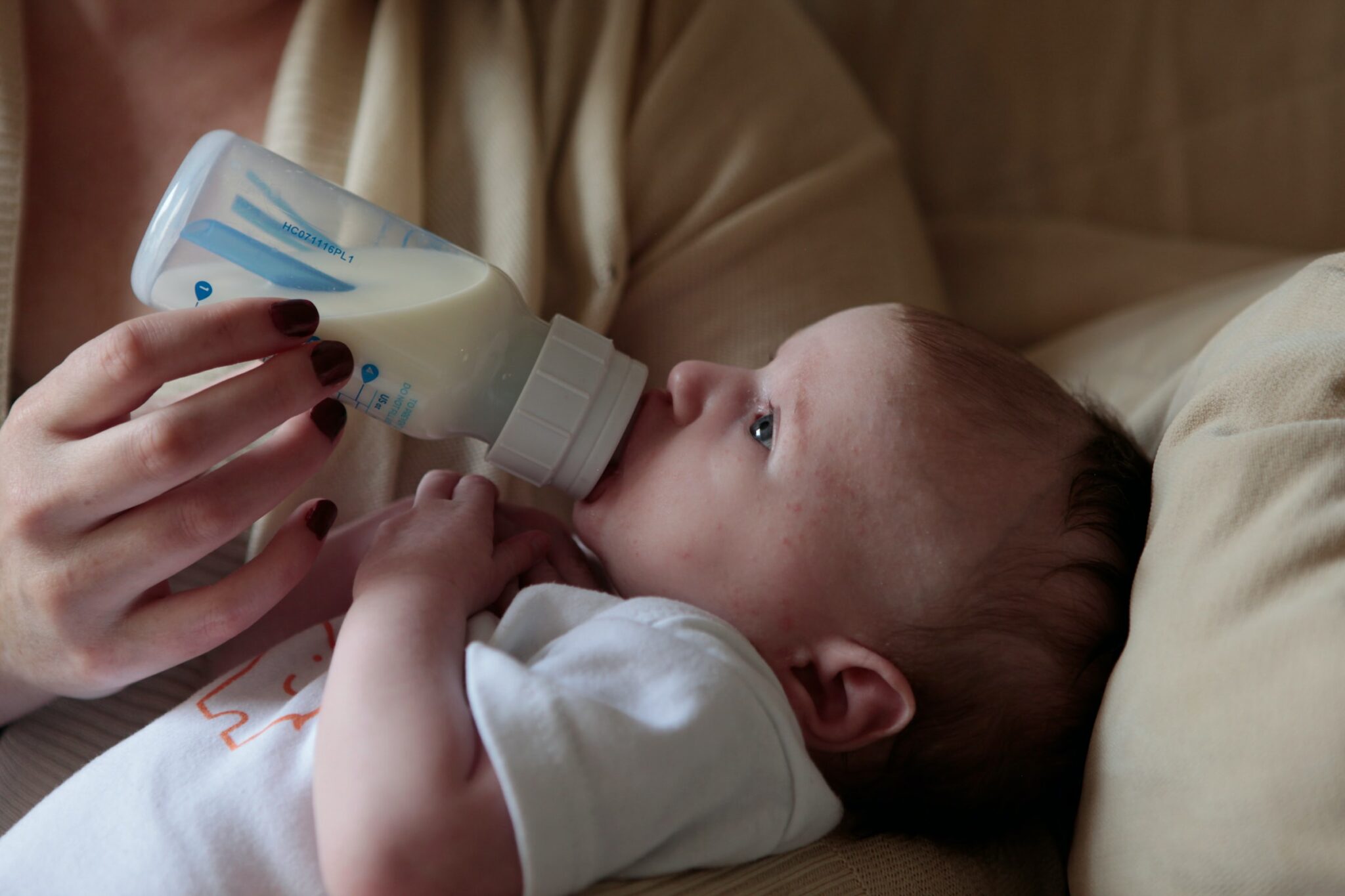
When your child cut his first tooth, you likely felt a thrill of excitement. Even when teething is difficult, there’s nothing like watching your baby hit those milestones. But one milestone you are not anxious to see is your child’s first cavity. Unfortunately, as your dental office experts explain in this post, baby bottle tooth decay is far too common.
Dr. Matt and the team at Smiles Dentistry for Kids are committed to preventive care whenever possible. Through routine cleanings and education, we want to help your child avoid early childhood tooth decay and other concerns. At the same time, if your child does develop a cavity, we can provide swift, gentle, and compassionate care for even the youngest patients.
To schedule an appointment or to learn more about oral care, contact our Overland Park, KS, office today.
What is baby bottle tooth decay?
Baby bottle tooth decay is also known as early childhood caries. It refers to tooth decay in children under the age of 2. Typically, it affects the top upper teeth, although any tooth can develop a cavity.
I exclusively breastfeed. Can my child still get tooth decay?
Yes. Breast milk itself is not typically considered a cause of cavities. But when a child falls asleep with milk in her mouth, she can suffer tooth decay.
Furthermore, according to one study, breastfeeding at night past the age of 18 months can increase the risk of dental caries.
Are cavities in baby teeth really a big deal?
Even though baby teeth will eventually come out, early decay is a major concern. For one thing, children who suffer from cavities have a higher risk for tooth decay as adults. For another, baby teeth act as placeholders. If your child loses a tooth too early, it can cause spacing issues for incoming permanent teeth.
How can I prevent baby bottle tooth decay?
Fortunately, there are several steps you can take, which will dramatically decrease the risk of early childhood caries:
- Never put your baby to bed with a bottle.
- Never fill a bottle with juice or sugary drinks.
- If you breastfeed, remove your breast from your baby’s mouth as soon as he falls asleep.
- As soon as your child’s teeth erupt, begin brushing with a small, soft-bristled brush and a smear of fluoride toothpaste (about the size of a grain of rice).
- Do not share spoons or other eating utensils with your child. Tooth decay is contagious, and doing so can cause harmful bacteria to pass from you to your baby.
- If your little one uses a pacifier, make sure that it is clean. Never dip it in sugar to make it more appealing. (The American Academy of Pediatrics recommends that parents avoid added sugar before age 2 anyway.)
- Schedule an appointment at your pediatric dental office. Children should visit the dentist once they cut their first tooth or no later than their first birthday. Dr. Matt even offers free exams and cleanings to children under the age of 2!
Contact Our Dental Office for More Information
Contact Smiles Dentistry for Kids to learn more about baby bottle tooth decay or to schedule a preventive cleaning.
You can get in touch online or call us at (913) 685-9990.